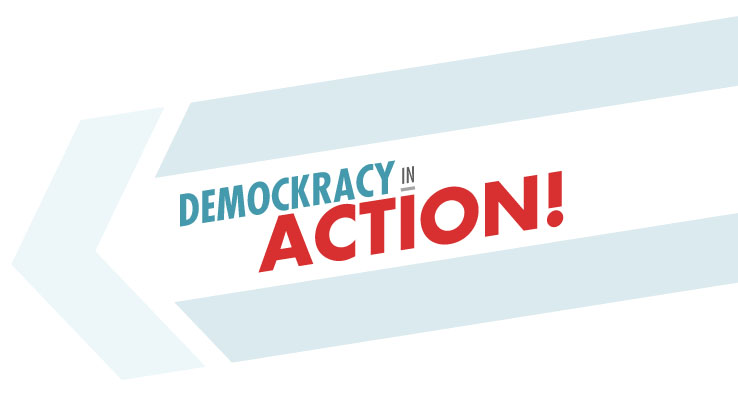Granted that the blog description did not explicitly mention that there'd be non-visual entries, it certainly didn't proscribe them (you can expect a cartoon on the CIA torture tape scandal either later today or early tomorrow morning). Anyhow, the following was written in response to a question I received regarding Taiwan and Tibet:
In response to your inquiry:
A more salient question, I think, would be about the PRC’s policy toward Hong Kong, since its prosecution of the reunification of the said former colony constitutes a critical precedent for future interactions with the two regions of record, Taiwan in particular.
That said, I approve the general framework hitherto espoused—that is, the “one country, two systems” policy—though I think that a federal system that affords comparatively less provincial autonomy is the ultimate tenable long-term solution.
With regard to Taiwan in the short-term, promises of limited post-reunification autonomy must be accompanied by a concomitant unilateral reduction in ballistic missiles and armed personnel currently stationed across the Strait of Formosa. Contrary to popular assumptions, this probably will not lead to a Taiwan or U.S.-led invasion of the mainland, principally on account of the prohibitive costs thereof and the linked nature of the two militaries. Regardless, allaying immediate Taiwanese apprehensions concerning security and short-term post-reunification political freedoms will be key elements of any short-term strategy for reintegration.
In the meantime, it’ll be incumbent on the PRC to pursue strategies that will (1) create a payoff structure encouraging future cooperation, (2) form definite institutional forums for protracted interaction, and (3) generate path dependencies to deter potential defection—commercial institutions will likely be most conducive to this end, followed by security agreements and, eventually, infrastructural standardization and political integration via federalism. This will also form the political economy of long-term integration.
As for the Dalai Lama, I believe that he should be allowed back into China, albeit under the condition and understanding that he remains a strictly religious figure with no real powers. Actual provincial policymaking should be the preserve of secular elected regional officials accountable to the people (regardless of ethnicity and religious conviction), with execution the charge of local rational bureaucracies financed by the central national government and local taxes.
In sum, limited regional autonomy is the optimal solution for all three regions, though federalism should be the PRC’s long-term objective.





No comments:
Post a Comment